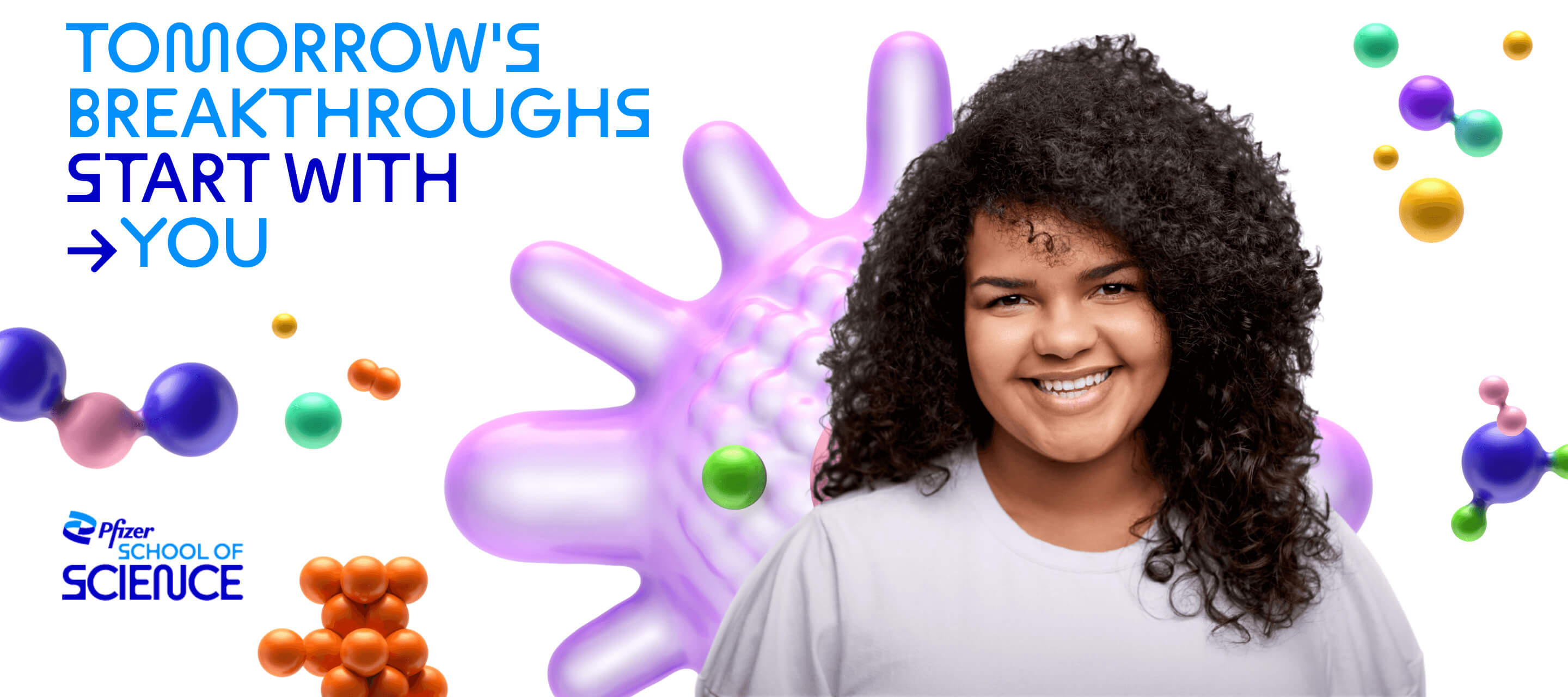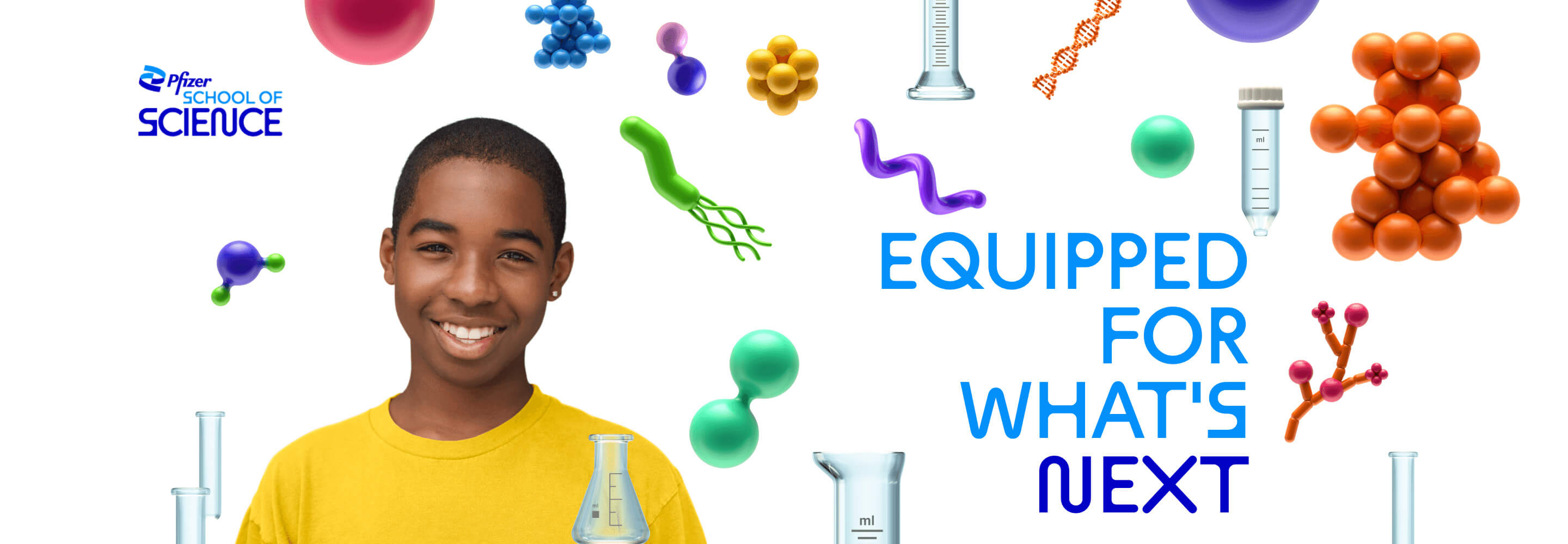
What is Pfizer School of Science?
Welcome to Pfizer School of Science, a program designed to inspire the next generation of scientists at an early age
As a company founded in New York City, we’re thrilled to invite NYC middle school students to our headquarters in Hudson Yards to learn about the life sciences and Pfizer. Registered students will participate in a half-day field trip at our office for a hands-on, science-based learning experience where they will be exposed to a multi-national company, meet colleagues, and learn about what we do. The visit will also include a 90-minute instructional course on topics like Drug Discovery, Microbiology, Immunology and more.
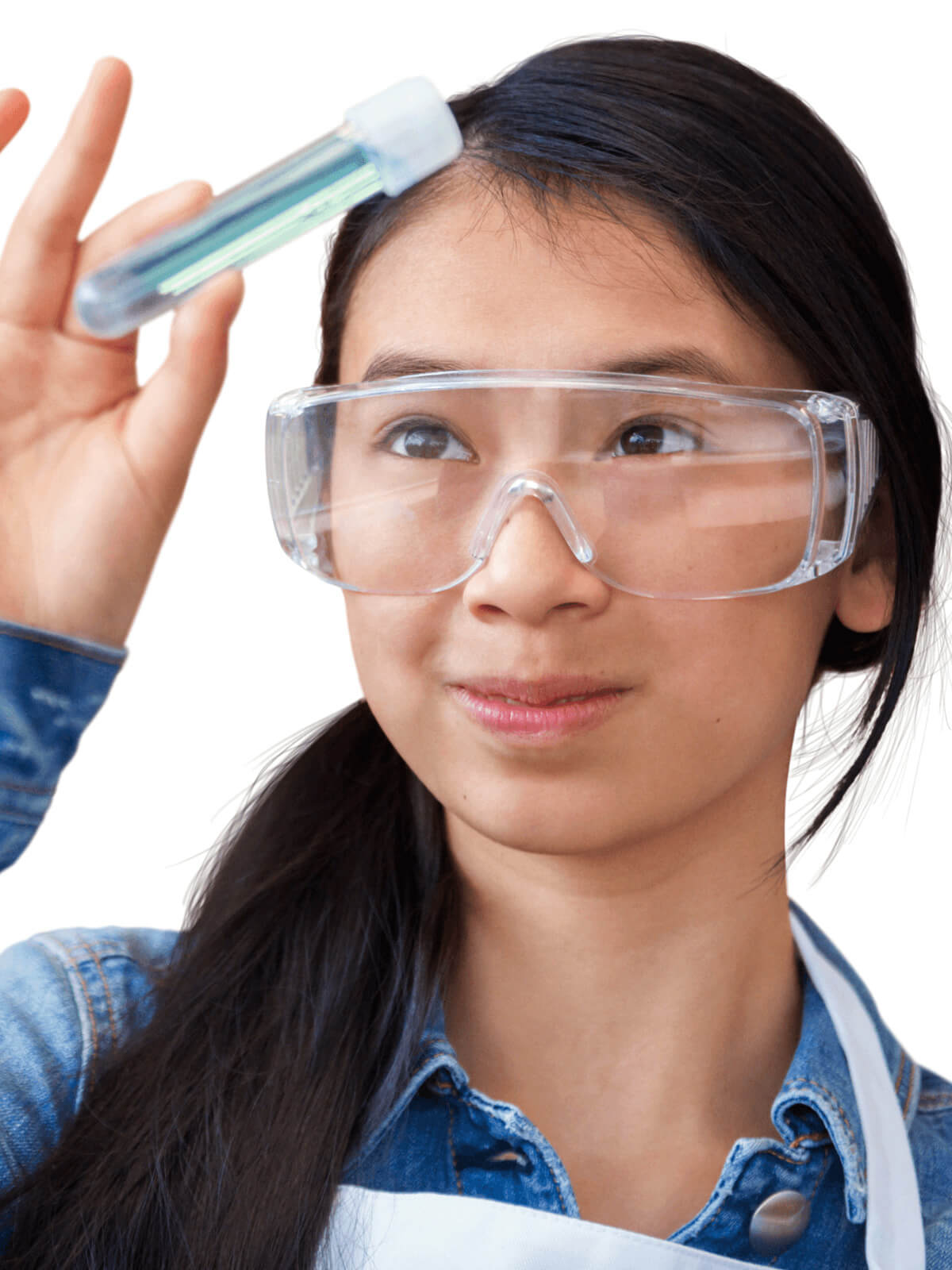
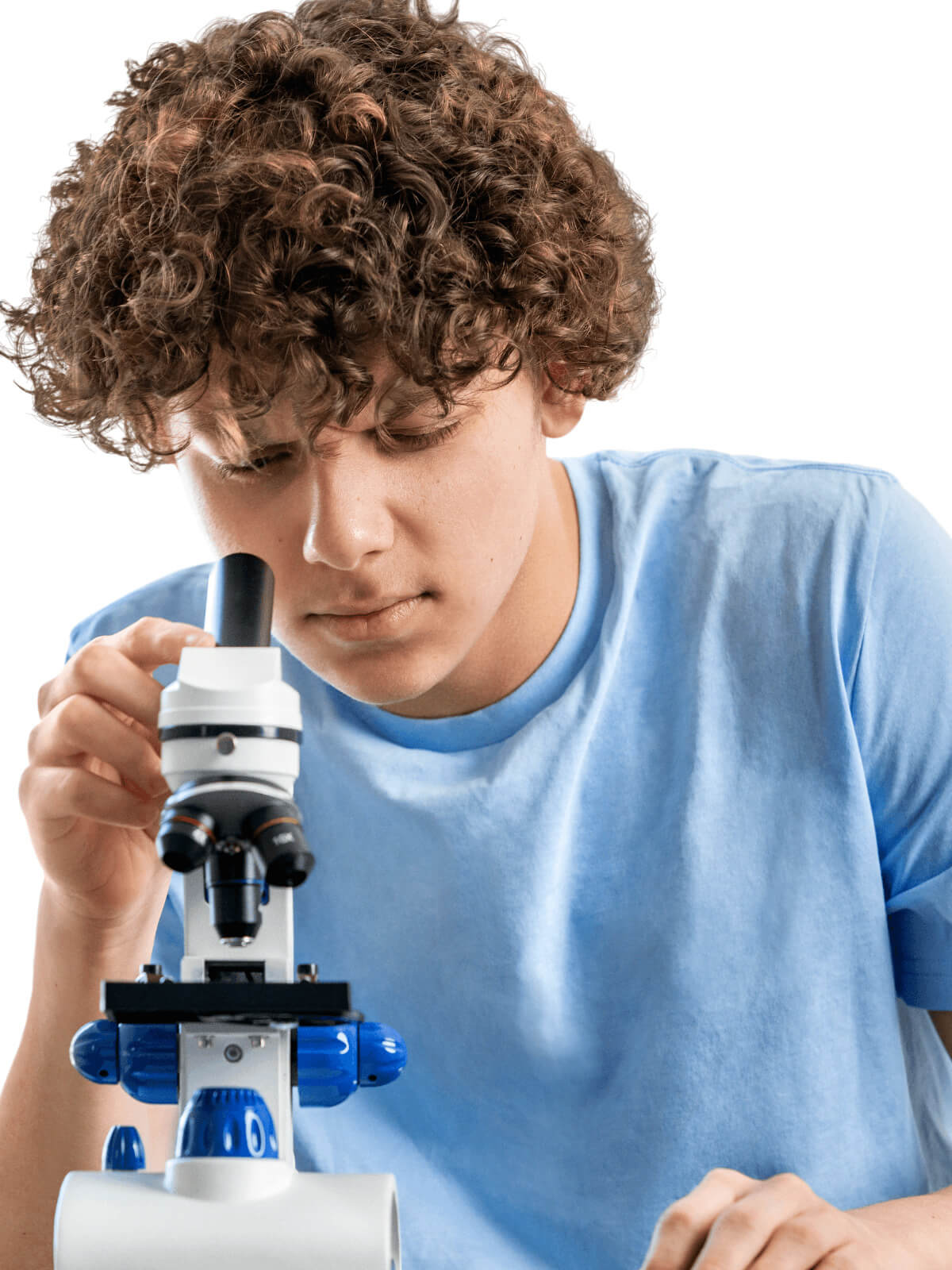
Why Pfizer?
At Pfizer, discovery is at the heart of everything we do
For more than 170 years, we’ve made it our mission to advance science and make life-changing progress to help people live longer, healthier lives. Our vision is to awaken students to the endless possibilities a career in the life sciences can achieve, and reinforce Pfizer’s commitment to NYC and science education. Through Pfizer School of Science, we’re making it happen!
Science Course Options
Pfizer School of Science currently offers the following courses that your students can explore during their field trip:
- AI in Health Care
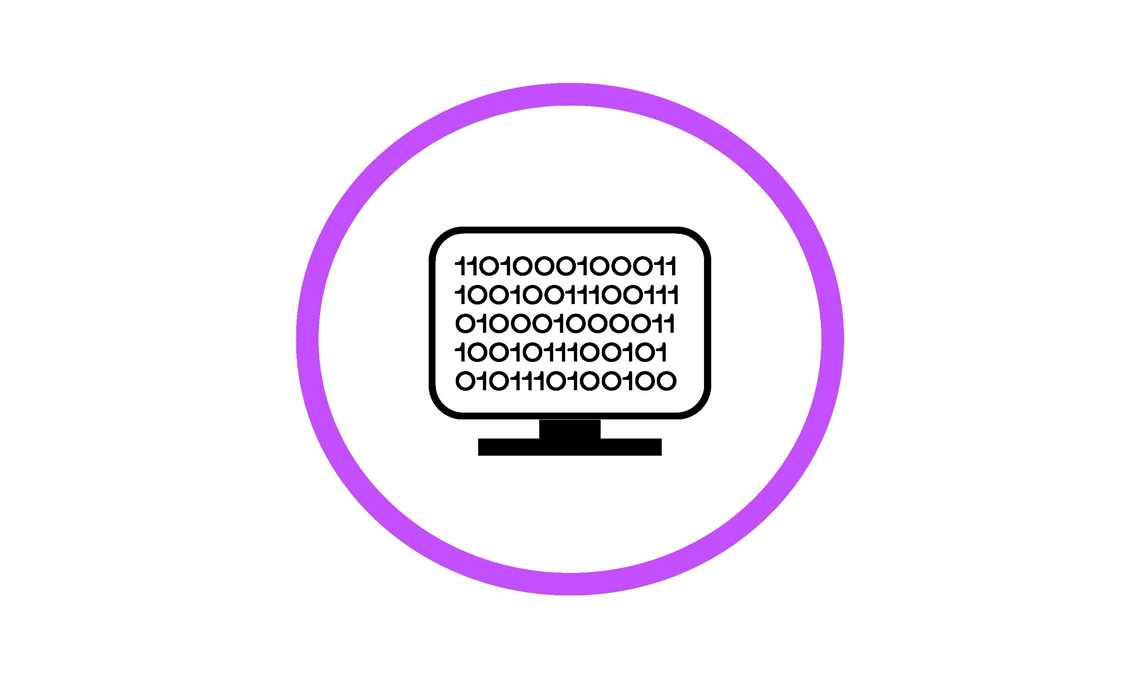
Students are introduced to artificial intelligence (AI) and its applications in healthcare. Students play games to learn about the different subsets of AI (e.g., machine learning, robotics, generative AI) and how AI works at a basic level. Students then explore the potential advantages and disadvantages of using AI technology in healthcare and other applications.
- Biotechnology
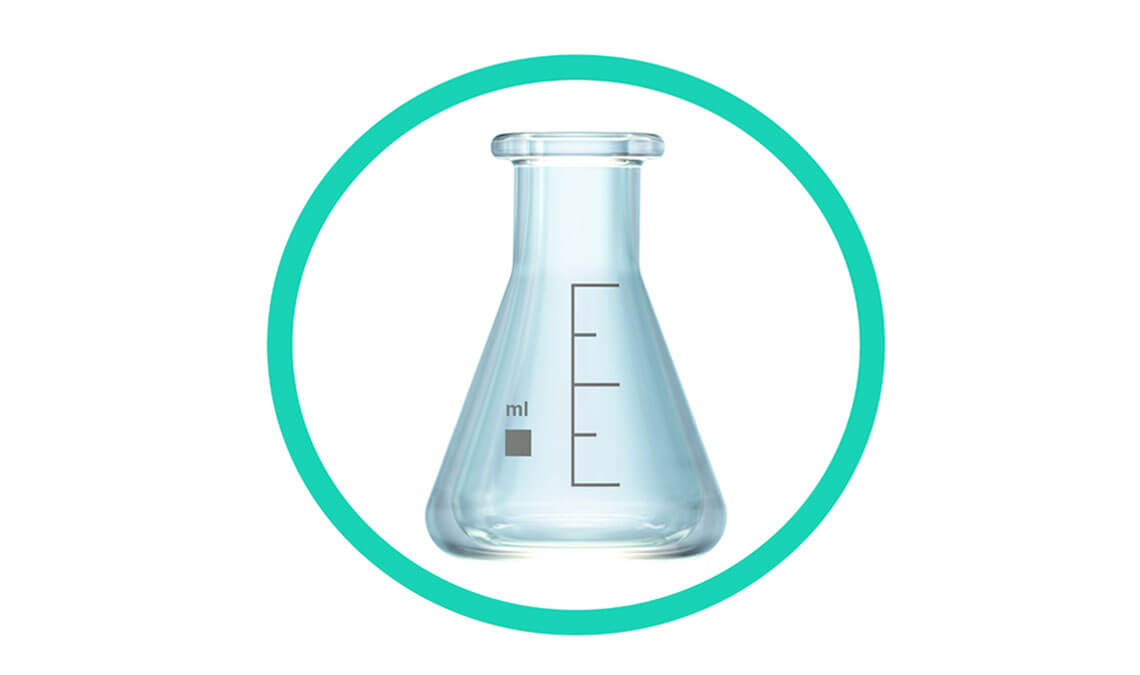
This course introduces students to how a scientist’s knowledge of biology can be used to develop medical, environmental, and industrial technologies. Students first learn how to measure small volumes using a micropipette—a skill that is fundamental to working in a laboratory. Students then learn about restriction enzymes—microscopic scissors used to cut-out genes in DNA—and conduct a mock restriction digest. Finally, students verify the results of their mock restriction digest using gel electrophoresis and explore how this technology can be used in paternity testing and crime-scene investigations.
- Central Dogma
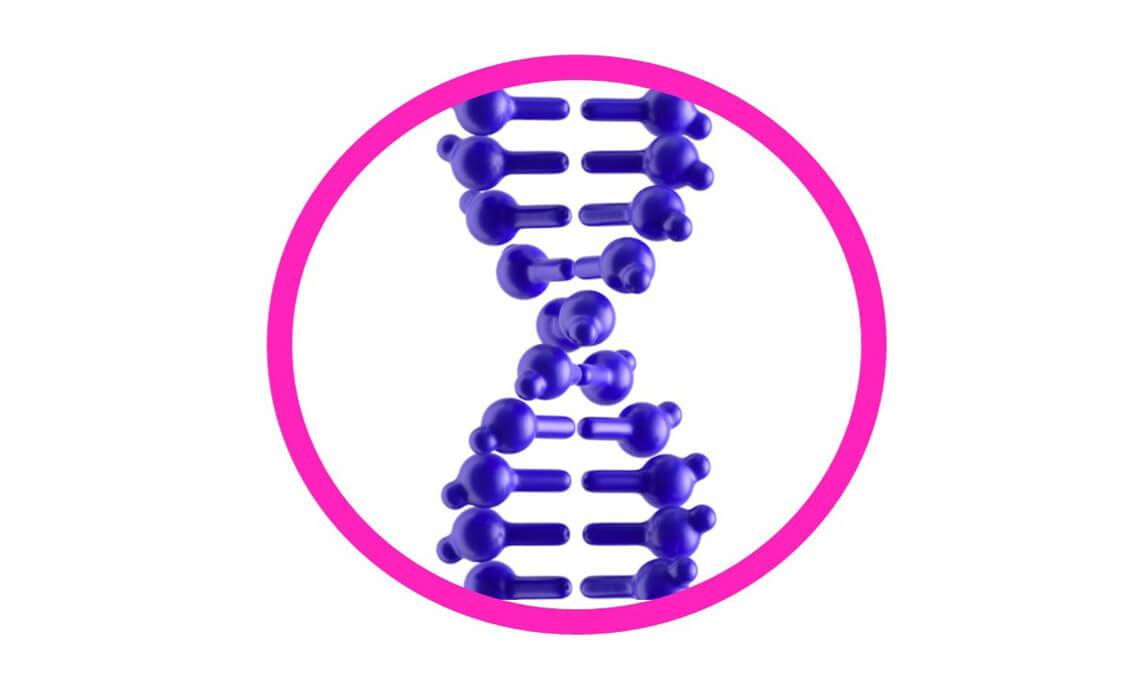
Students are introduced to DNA and its role in determining our traits by participating in exercises that illustrate the relationship between genotype and phenotype. During the course students extract DNA from wheat germ, are introduced to how DNA codes for proteins, explore their unique traits, and learn how human health is influenced by genetics.
- Drug Discovery and Manufacturing
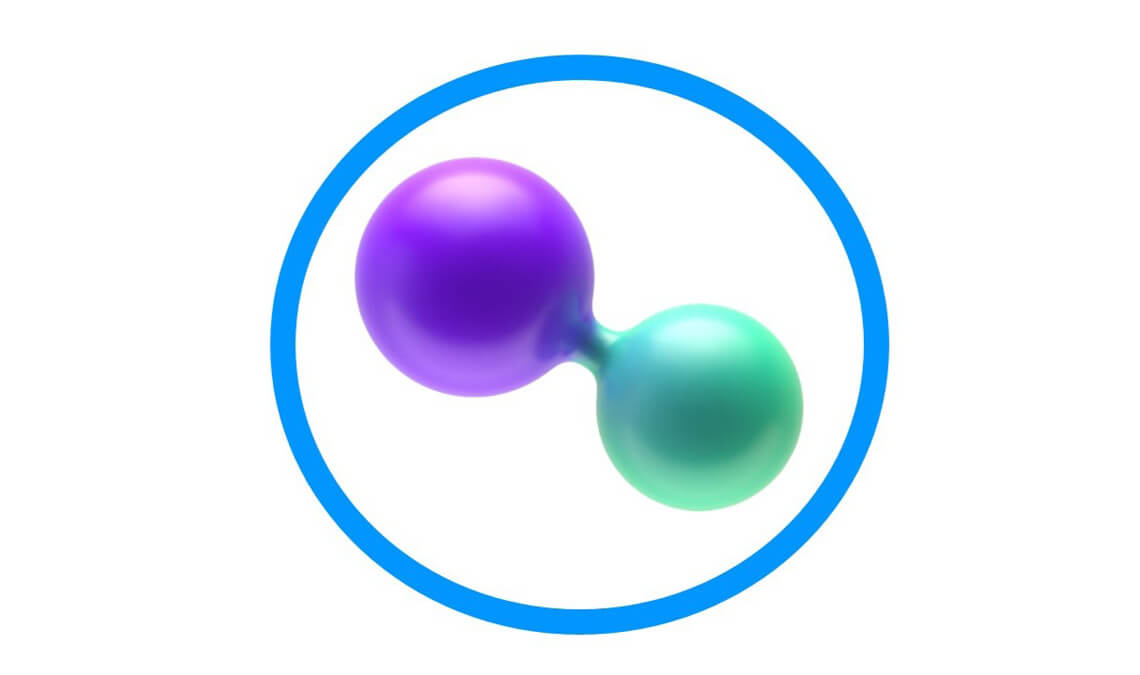
Students learn about drug discovery, development, and the various career opportunities involved in bringing biomedical innovations from concept to market. Students then play a board game where they run their own pharmaceutical company and encounter some of the same challenges and successes that researchers face as their drug moves along the drug development pipeline. Once their drug is approved, students learn about the manufacturing and quality control processes by making sugar pills that represent their final drug product.
- Immunology
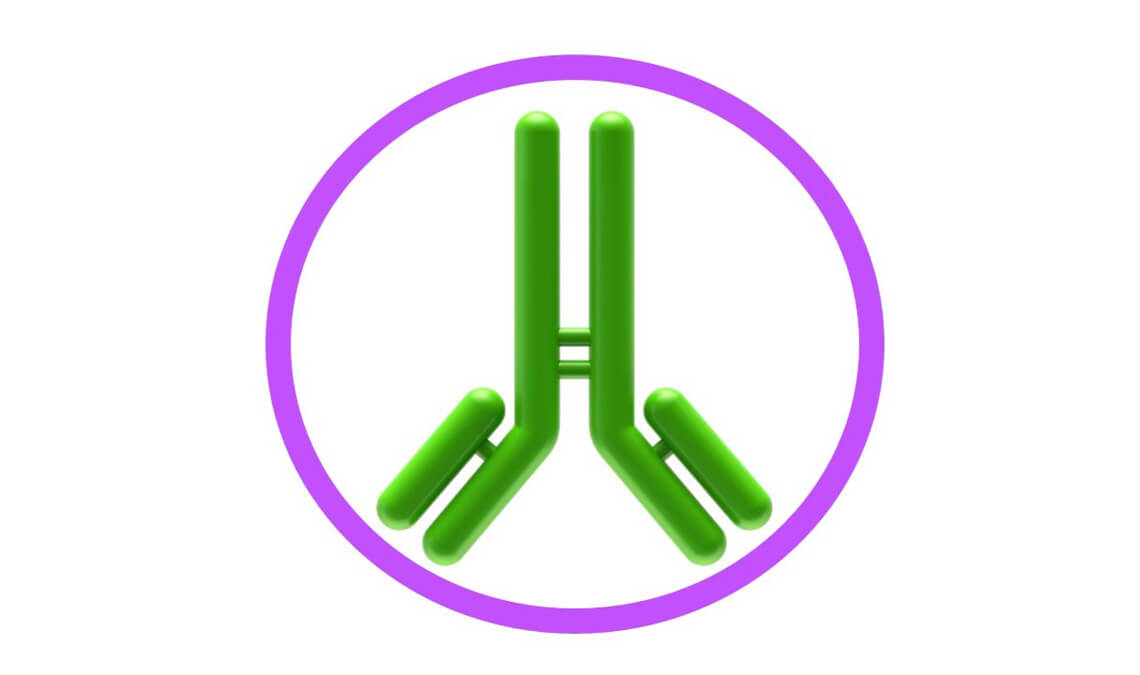
Students train as immunologists by participating in mini games to learn about innate and adaptive immunity. Students then try to diagnose patients by matching their symptoms to those of an infectious disease. After hypothesizing their diagnosis, they analytically verify their hypothesis by running a mock ELISA test. Once a diagnosis is made, students practice their bedside manner to deliver the diagnosis to their patient and provide a treatment plan.
- Microbiology
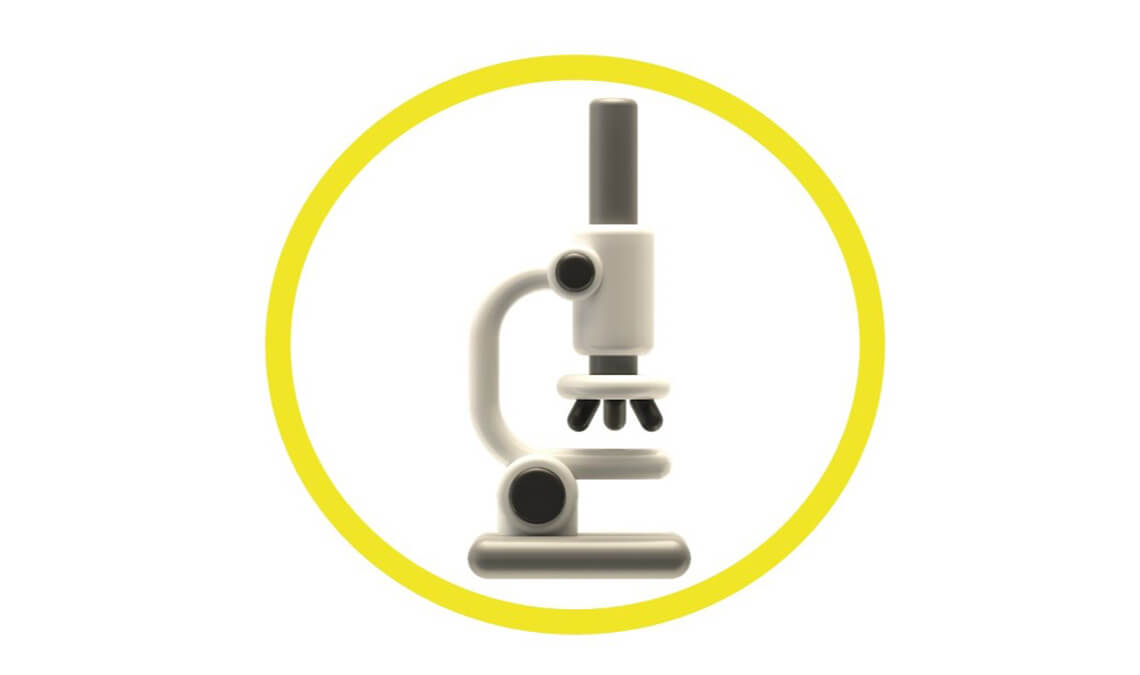
Students are introduced to the world of microorganisms and their habitats with a focus on infectious bacteria. After an introduction to microscopy, students use their new skills to investigate various microorganisms under the microscope and learn how to culture bacteria just like a microbiologist would in the laboratory.
- Neuroscience
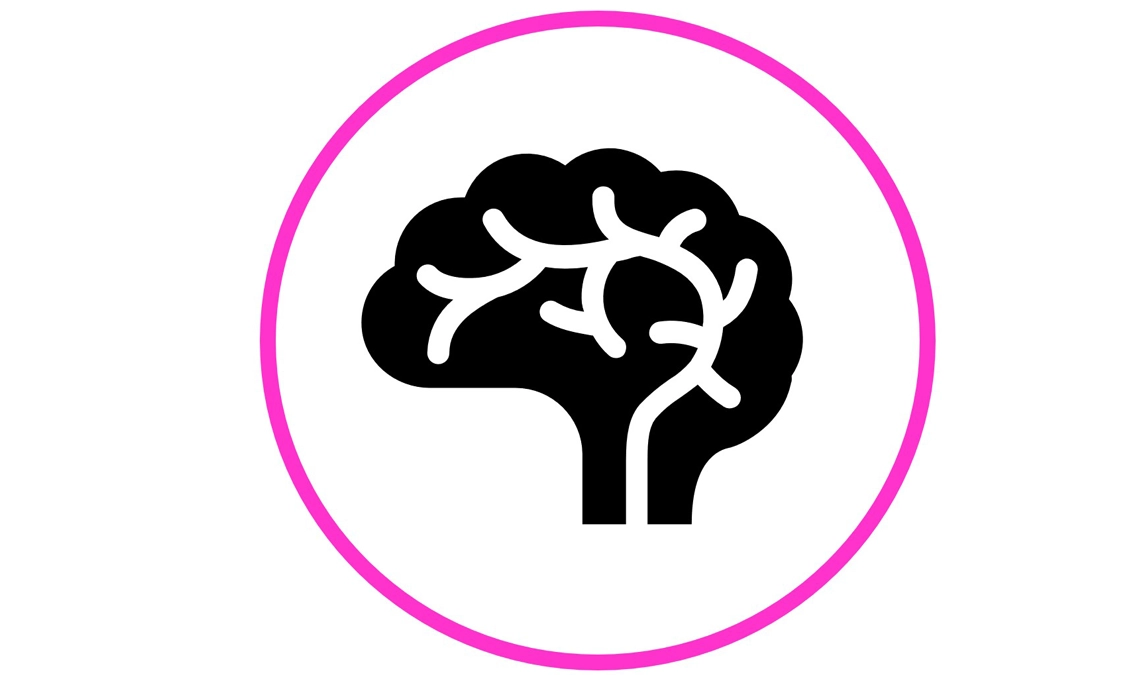
A survey of our senses, this course explores how our body and brain communicate to influence our senses of sight, taste, and touch. Students learn how to “trick” their brains perception of taste, run experiments to explore receptor density and reaction time, and test their hand-eye coordination.
- Vaccines
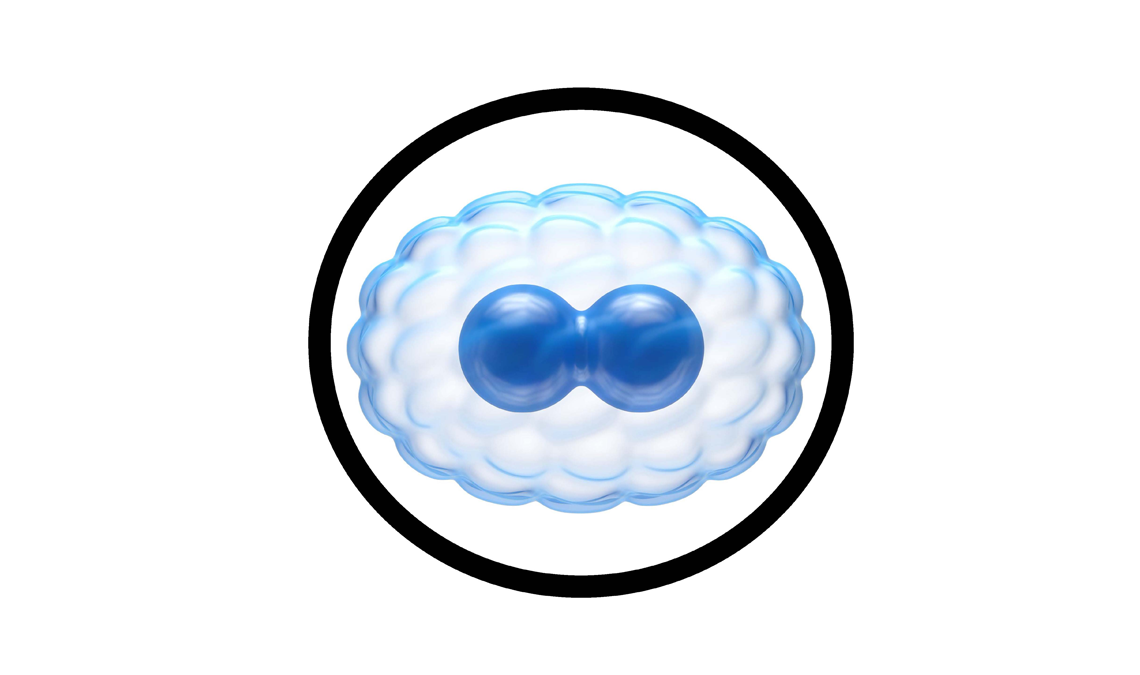
Through a series of mini-games and challenges, students learn about the history of vaccines, the different types of vaccines and how they work, and how vaccines protect communities against viral and bacterial epidemics.
Ready to join us? Or have questions?
Teachers and educators can enroll their students in Pfizer School of Science in New York City by filling out this inquiry form.
If you have questions or want more information, please contact us at pfizerschoolofscience@pfizer.com.
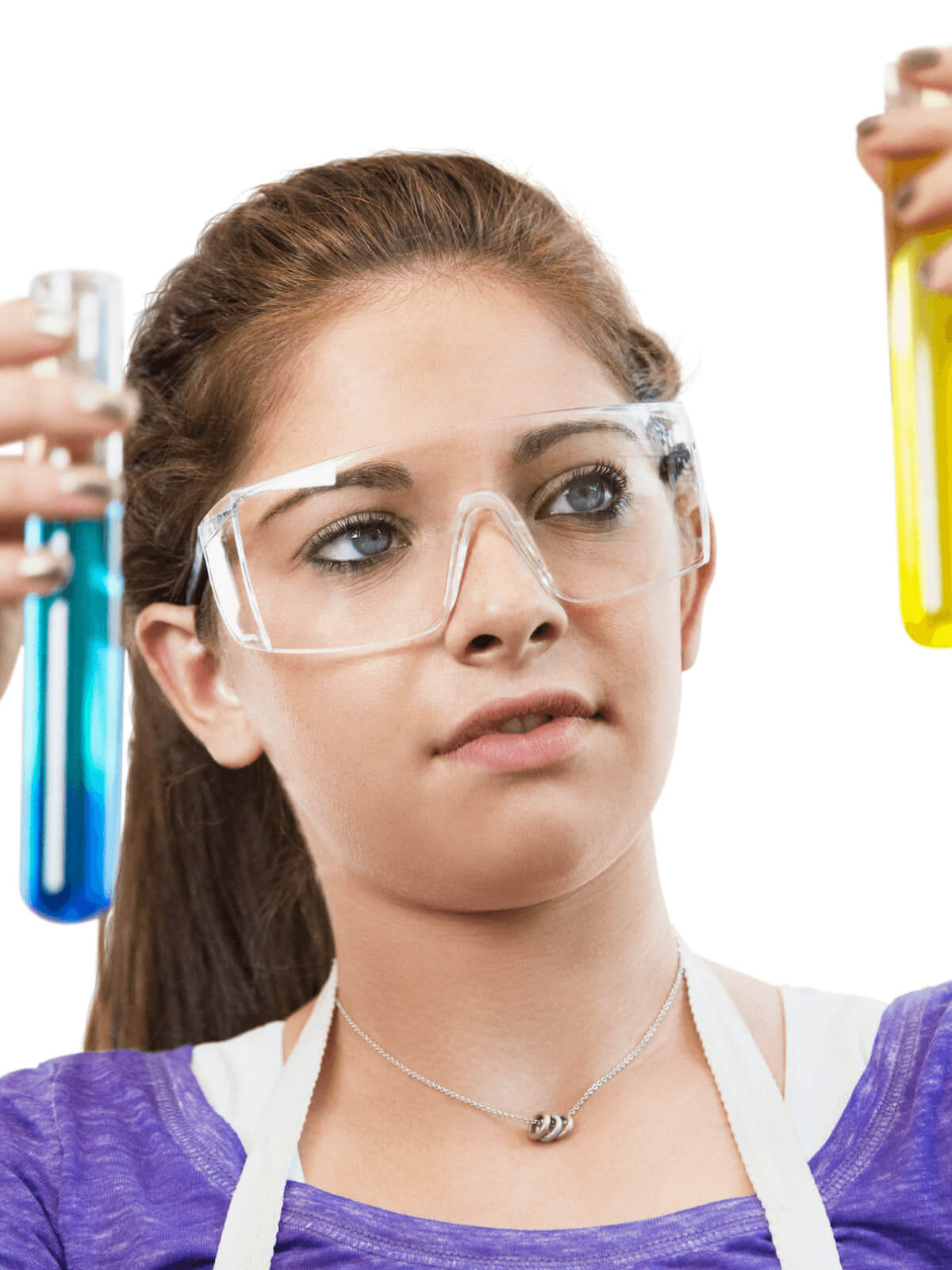
Pfizer School of Science Mobile Experience
Pfizer School of Science is hitting the road, ready to captivate young minds and inspire a passion for scientific exploration!
Step into our state-of-the-art double expandable trailer and embark on a scientific adventure like no other! Every 10 minutes, teams of future scientists aged 9-14 will enter the mobile experience – which mimics an ‘escape room’ – to decode riddles, crack codes, and solve problems.
Do you have what it takes to develop the next breakthrough?


